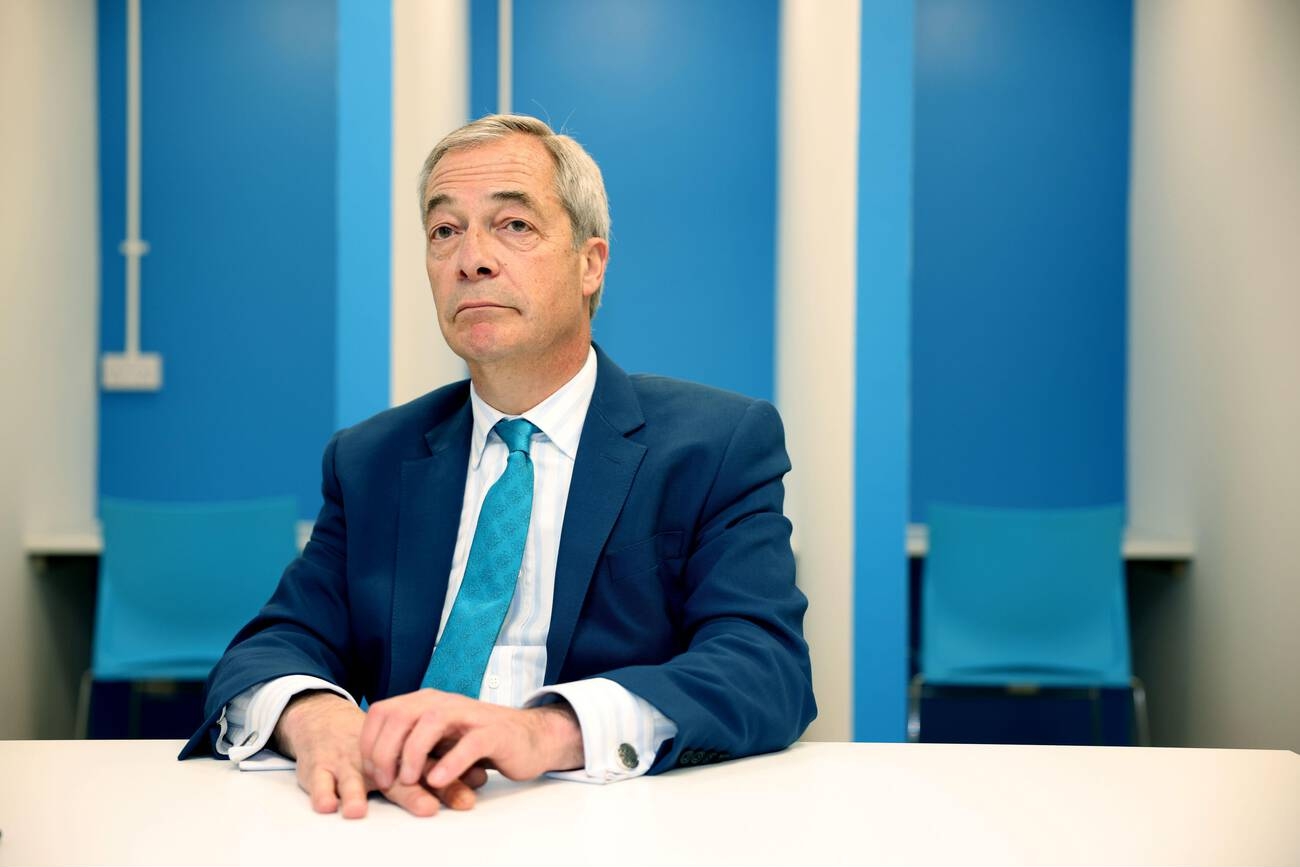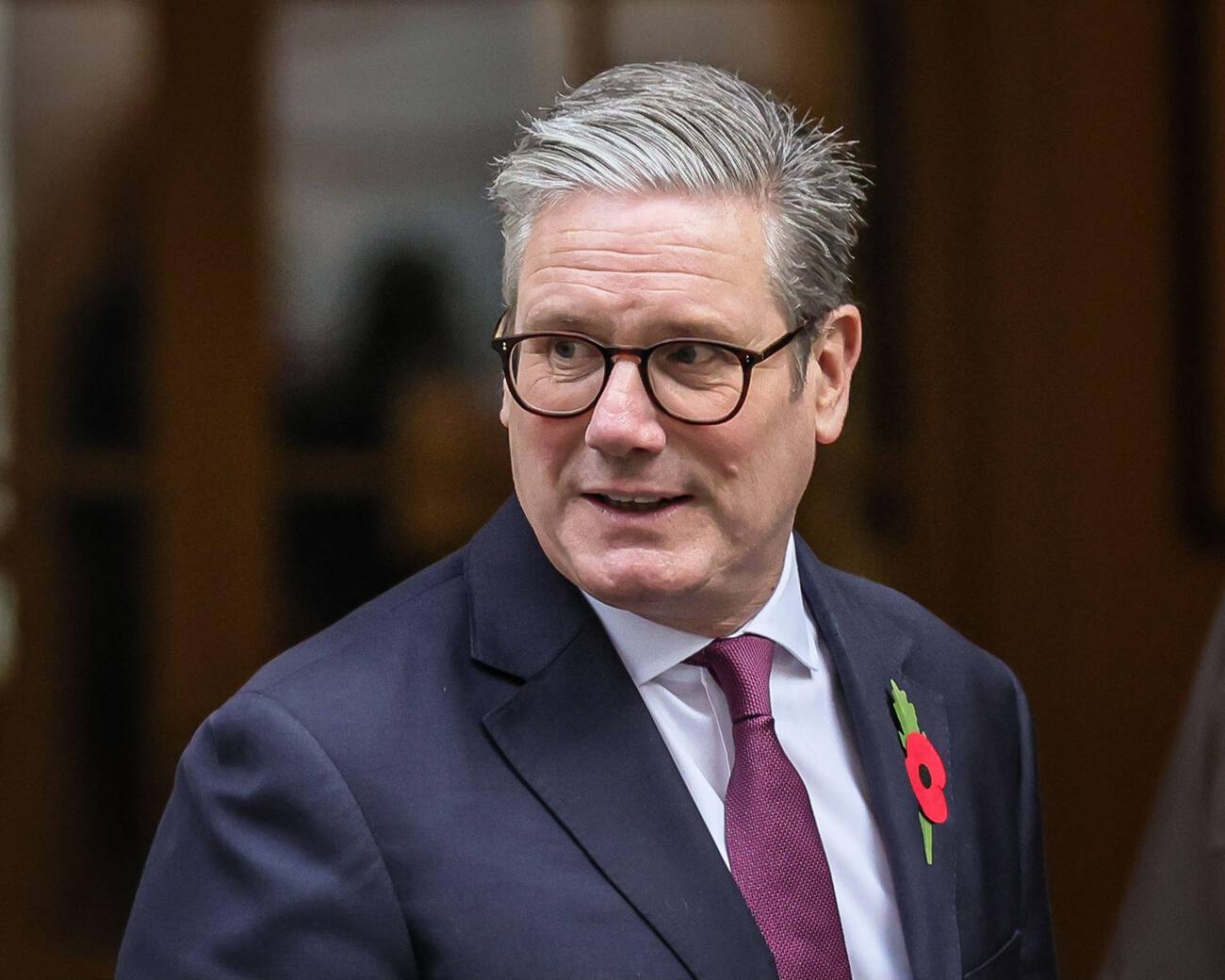Brexit regret among UK citizens: Starmer seeks to restore relations with the EU
The results of a new survey show that most British people see Brexit not as a success but as

The results of a new survey show that most British people see Brexit not as a success but as a loss. They see Brexit as an agreement that has not fulfilled its promises. According to most Britons, this agreement has only brought economic, political, and social crises to Britain. Brexit regret among UK citizens is quite widespread and the majority of them want to rejoin the EU. This article examines the challenges facing Britain in the post-Brexit economic field. This article also examines recent polls on the views of the British towards Brexit.
The significant challenges facing the UK economy after Brexit
The UK has faced serious challenges in the economic and trade fields since leaving the EU in January 2020. The decline in international trade, the withdrawal of investors from the UK market, the labour shortage crisis, and rising prices are just some of the consequences of Brexit. Many analysts also believe that Brexit has exacerbated social divisions and increased xenophobia in the country. The more time passes since Brexit, the more British people come to the conclusion that this decision has been detrimental to their country. Brexit regret among UK citizens is constantly increasing.
Massive exodus of the wealthy from Britain after Brexit
Statistical data shows that heavy taxes and economic consequences caused by Brexit have led to a massive exodus of the wealthy from Britain. This has sounded a serious alarm for the country’s economy. Analyses by the New World Wealth and Henley & Partners show that more than 10,000 millionaires left Britain by 2024. The report said the UK lost around 4,200 millionaires in 2023, and nearly 16,500 between 2017 and 2023. Andrew Amoils, head of research at New World Wealth, said there were several factors at play. “Wealthy non-doms have been targeted with additional taxes, which has prompted many of them to leave the country,” he said.
The UK’s unattractiveness to foreign investors after Brexit
The wealthy who have left the UK have chosen cities such as Paris, Dubai, Amsterdam, Monaco, Geneva, Sydney, and Singapore to live in. Areas such as Florida, the Algarve in Portugal, Malta, and the Italian Riviera have also emerged as popular retirement destinations. The English language, once a factor in the UK’s appeal to the wealthy, is now less important. “However, over time, this has become less important as the economies of the other major English-speaking countries (US, Australia, and Canada) have grown,” said Amoils.
Britain’s weakness in competing with global economic centers after Brexit
According to previous data, Britain was a significant destination for millionaires from the 1950s to the early 2000s. Wealthy people from Europe, Africa, Asia, and the Middle East came to Britain to live and invest. This trend has reversed with recent developments, including Brexit, heavy tax policies, and a decline in economic attractiveness. Experts warn that the departure of the wealthy and investors from the UK will have consequences beyond reduced tax revenues. This trend could lead to decreased domestic investment, a weakening of the labour market, and a decline in London’s position as a global financial center.
Restrictions on UK exports and imports after Brexit
Trade restrictions caused by Brexit, a sharp drop in exports, and increased import costs are among the problems that have put pressure on the British economy. According to the Centre for Business Prosperity at Aston Business School, University of Birmingham report, the country’s exports to the European Union have fallen by 27% from 2021 to 2023. Many companies face serious challenges due to complex customs rules. On the other hand, analysts believe that London’s hopes of strengthening trade relations with the United States are also facing serious obstacles. Britain has been cautious about American trade proposals due to concerns about the negative effects of different American standards, especially in agriculture.
Brexit regret among UK citizens
Brexit regret among UK citizens is quite evident according to surveys. According to research by YouGov, only 6% of respondents believe that Brexit has positively impacted the British economy. While 35% are extremely dissatisfied with its effects. 30% of Britons also assessed Brexit as completely negative. Also, 36% of respondents believe that Brexit has greatly increased the cost of living. Also, 34% expressed concern about the decline in British diplomatic influence in Europe. One of the reasons for Brexit regret among UK citizens is its futility. According to YouGov, 45% of those who voted to leave the EU in the 2016 referendum said Brexit had had little effect on the UK’s domestic law enforcement, a key campaign slogan for Leave supporters.
Starmer seeks to restore good relations with the EU
The YouGov poll shows that Brexit regret among UK citizens has not diminished but has intensified five years after the deal. The British public is now more aware of how they were lured into leaving the EU with the promise of economic independence and social welfare. Still, they received nothing but economic hardship, higher living costs, and reduced international influence. This collective disillusionment has made Brexit one of the UK’s greatest historical mistakes in public memory. British Prime Minister Keir Starmer, one of the opponents of the country’s exit from the European Union during the Brexit referendum, quietly implements policies to repair relations with the European Union.
New Deputy Secretary of State for EU Affairs in Starmer’s Cabinet
A new deputy secretary of state for European Union and International Economic Affairs has been created in Starmer’s cabinet. The formation of this new deputy is another sign of London’s disappointment with the expansion of trade relations with the United States during the presidency of Donald Trump. Starmer is also planning a new effort to repair relations with the EU in order to reduce the economic consequences of Brexit. Michael Ellam, who previously held senior positions at HSBC and the British Treasury, began his work on January 13, according to a statement published on the British Prime Minister’s Office website. He will manage the secretariat of EU relations and coordinate international economic forums such as the G7 and G20. The appointment follows the Keir Starmer government’s creation of a special secretariat to regulate relations with the EU.
Starmer seeks to make fundamental changes to UK economic policies
British government officials emphasize that the creation of a new EU and international economic affairs department is in line with the Starmer government’s plan for fundamental changes to economic policy. Nick Thomas-Symonds, the British deputy prime minister for constitutional affairs and relations with the EU, said: “At a time of such intense global change, the UK and the EU have many mutually aligned interests and challenges.” From this perspective, the formation of a new EU and international economic affairs secretary in the British cabinet can be seen as part of London’s broader efforts to rebuild economic relations with Europe and manage the consequences of Brexit.
British frustration with Brexit prompts Starmer to restore ties with the EU
London is not very optimistic about expanding trade relations with Washington. The British government has focused on rebuilding ties with the EU. Experts believe that London needs to work closer with the EU to overcome the economic crisis of Brexit. Brexit regret among UK citizens is increasing day by day, and the British are facing the bad consequences of Brexit. They say that Brexit has not benefited the British economy. One of the goals of Keir Starmer’s government is to reach new trade and customs agreements with the EU. This agreement should help reduce trade costs and facilitate economic relations. However, it is not yet clear whether the EU is also willing to be flexible in this area.









